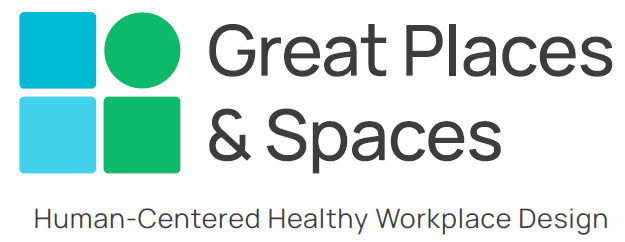The Yin and Yang of Executive Stress and Work-life Balance
As an executive, job demands can be overwhelming. The constant pressure to grow the business, make difficult decisions, meet deadlines and shareholder expectations mean the stress is part of the job. Understanding how to mitigate the impact of stress on your mental and physical well-being is good for your performance, your health and your outlook on each day.

Why Yin and Yang?
Yin and yang are considered an ancient model of a balanced life. In the Yang portion, one goes out to the world, smashes expectations, performs at the highest levels, and gives all to the task at hand.
In the Ying portion, one reflects on the experience they accomplished, learns humility and connection with others as part of success, deeply listens and builds trusting relationships.
Together these create a balanced “life wheel” that ensure that a person is well rounded and has recovery time from accomplishments, so that those accomplishments are integrated into the context of life.
The practice says that if one or the other is out of balance, you get a “flat tire” experience and get stuck in the rut of either accomplishment or fear of failure, neither of which are good for an executive or professional’s performance, or even for personal life success.
The impact for executives
Constantly working long hours, sacrificing personal time and neglecting other areas of their lives create an imbalance that leads to impatience, a hollow feeling, addiction to success, and diminishment of importance of other areas of life. The impact is felt after a point where the accomplishments are not sustainable on a regular basis anymore. Either a health problem surfaces, relationships deteriorate, or non-work time feels “numb”. In the long term, when an executive faces the prospect of retirement, the cumulative effect is that the person is not prepared to have meaning after work is finished.
Signs of burnout and stress in executives
Some common signs of burnout and stress in executives include persistent fatigue, difficulty concentrating, increased irritability, and reduced job satisfaction. Physical symptoms such as headaches, muscle tension, and sleep disturbances may also be present. It is important to pay attention to these signs and take action to prevent further escalation.
Creating a balanced plan for work and life
Consciously building a “Yin-Yang” balance plan is crucial for executives because without creating this plan, a person can find themselves stuck in the never-ending performance spiral that leads to no time for self-care or time for activities outside of work.
Start by setting boundaries between work and personal life. Establish specific times when you will be fully present for your family, engage in hobbies, or simply relax. Block your calendar for these weekly and honor them.
Examples can include going for a walk, working out, listening to music, meditating, or spending time with loved ones. By intentionally making time for these activities, you will be able to recharge and reduce stress levels.
Other self-care practices for executives
In addition to blocking time for non-work activities, several other practices are proven to help improve bodily function as well as positive outlook and crisp thinking. These include:
- Ensure at least 6 hours of sleep each night to integrate learnings from the prior day and care for the sympathetic nervous system functions of brain, cellular renewal, and organ maintenance.
- Contemplation: focusing on one positive image or thought for 15-20 minutes a day helps reduce stress and build gratitude and peacefulness.
- Physical activity: Social activity such as walking with a colleague, friend or family member, or organized sports can help build non-work relationships as well as provide an easy path to continued fitness.
Conclusion: Building the “Yin” into your life reduces Stress and Increases Whole Life Satisfaction
Having your personal plan for reflection and non-work activities makes your life better as well as makes you a better leader, who can relate to your employees when they also make time for their non-work lives.
Using an executive coach is one way to accomplish this. Those of us who work with executives are committed to both your work success and overall life well-being, and can help you confidentially reset your personal path to success through stress management.




